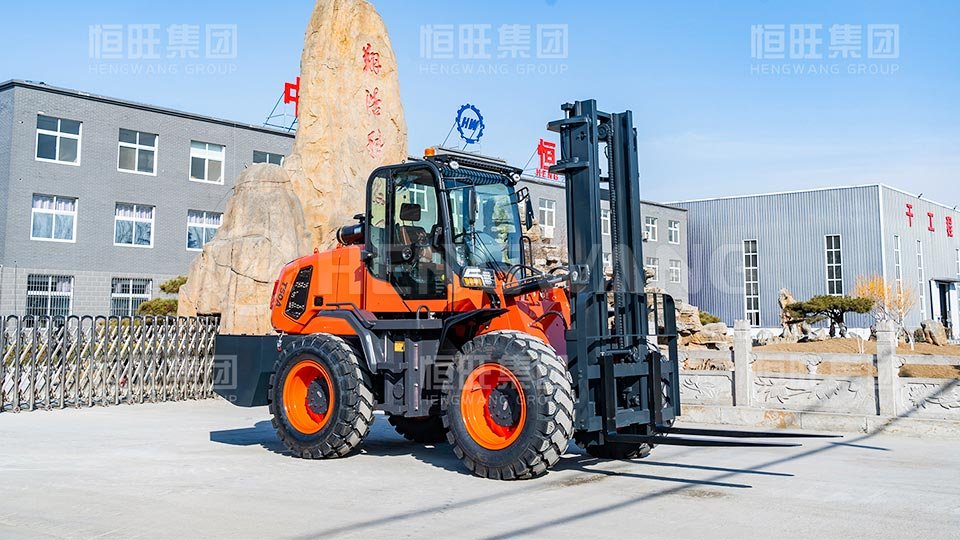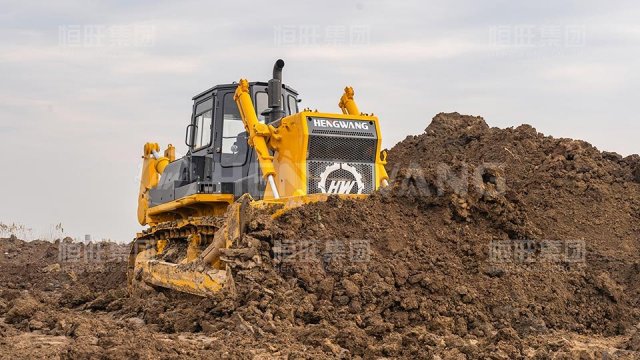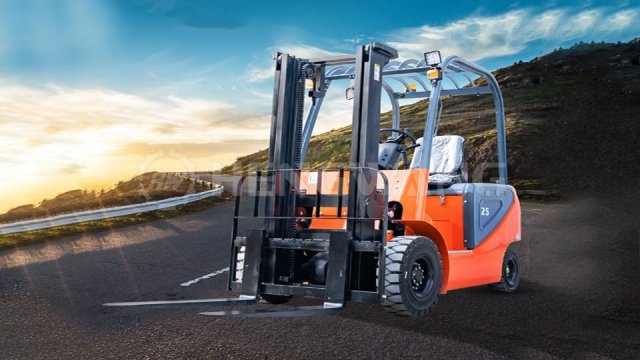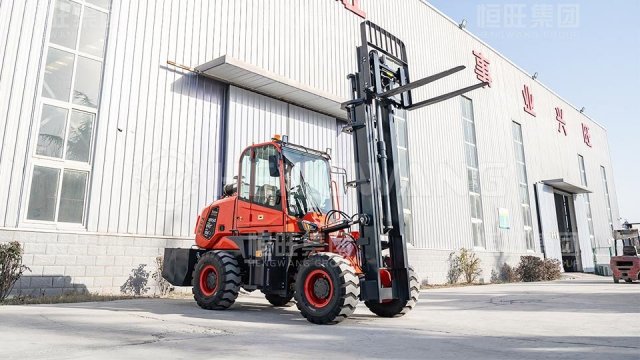1. Features of Port Forklifts
Port forklifts are specifically designed for high-intensity port operations and offer the following advantages:
(1) High load capacity: Capable of easily handling heavy containers and large cargo.
(2) Exceptional durability: Built to withstand harsh port environments, including humidity and salt spray.
(3) Flexibility and efficiency: Equipped with high-power engines to ensure fast loading/unloading and improve port productivity.
2. Applications of Port Forklifts
Port forklifts are widely used in various port logistics scenarios, including:
(1) Container handling: For stacking and loading/unloading containers.
(2) Bulk cargo transportation: Suitable for short-distance movement of steel, timber, and other heavy materials.
(3) Warehouse management: Used for cargo sorting and storage within port warehouses.
3. How to Choose the Right Port Forklift?
When selecting a port forklift , consider the following factors:
(1) Load capacity: Choose a forklift with the appropriate tonnage based on cargo weight.
(2) Power type: Diesel, electric, or hybrid models to meet different port requirements.
(3) Brand and after-sales service: Opt for reputable brands to ensure equipment reliability and support.
4. Future Trends in Port Forklifts
With the advancement of port automation, smart port forklifts are becoming an industry trend. Technologies like autonomous driving and remote monitoring will further optimize port logistics efficiency.
Conclusion
As a core piece of equipment in port logistics, the performance of port forklifts directly impacts operational efficiency. Choosing the right port forklift not only enhances handling capabilities but also reduces operating costs. If you'd like to learn more about port forklifts , feel free to contact us!

 Road Leveling Bulldozer: The Core Guarantee for Efficient Road Construction
Road Leveling Bulldozer: The Core Guarantee for Efficient Road Construction
 Off-Road Forklifts_ A Powerful Assistant for Complex Field Operations
Off-Road Forklifts_ A Powerful Assistant for Complex Field Operations
 High-Load Off-Road Forklift: A Powerful Tool for Heavy-Duty Operations in Complex Environments
High-Load Off-Road Forklift: A Powerful Tool for Heavy-Duty Operations in Complex Environments